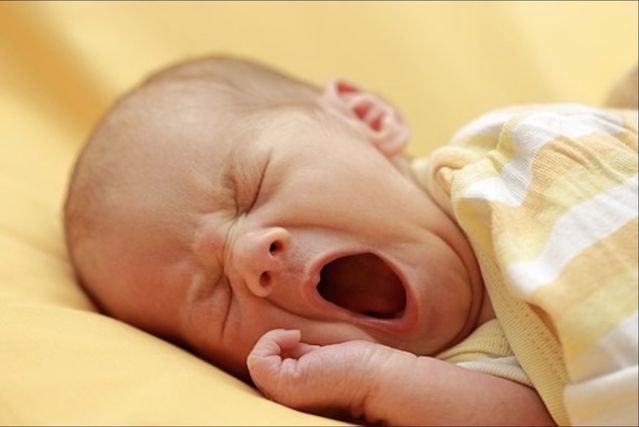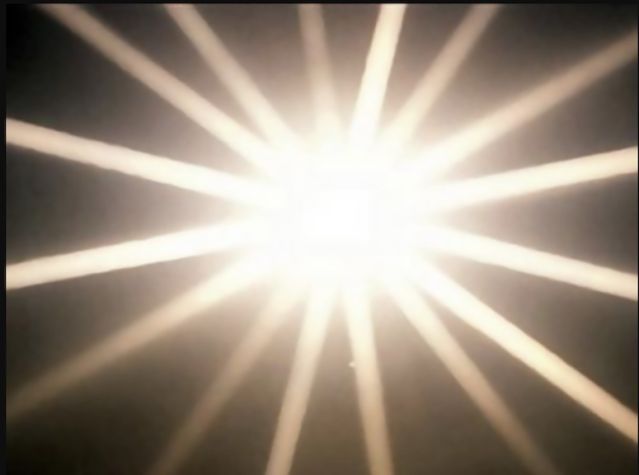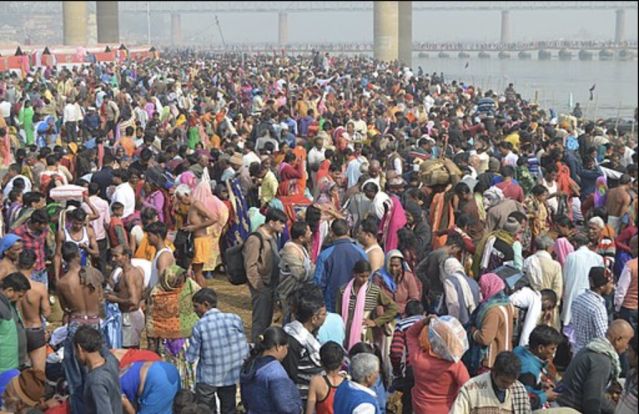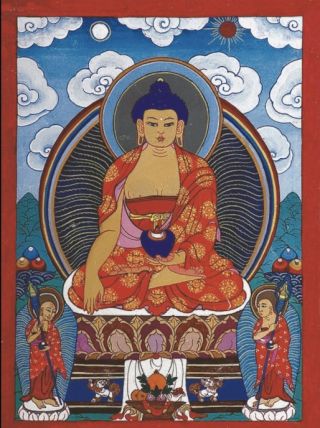Career
Is There Life After Birth?
Reflections on the great mysteries of birth and death.
Posted January 6, 2023 Reviewed by Tyler Woods

There are endless speculations about what occurs when we die, much of it rooted in religion, or more recently, on the reports of thousands who have seemingly died, “flatlining” in hospital operating rooms, then somehow “coming back” and reporting their experiences, often with many features in common.
While hospital monitors would indicate that their hearts and brains had stopped registering any signs of life, many patients nevertheless managed to mysteriously witness the whole event of their “death,” usually from above, as if floating near the ceiling, looking down at their deceased bodies. Their accounts were quite convincing because they told doctors what they had seen and heard while “dead,” including very specific conversations that took place in the room.
Others shared that they seemed to be traveling through a blue tunnel, sometimes lined on both sides by deceased family members, at the end of which nearly all of them encountered a brilliant white light drawing them ever closer in a way that felt irresistible, only to be informed by some unknown Being that they were not yet ready to move on and were being sent back to life, and they’d suddenly find themselves awake on the operating table, often radically transformed, and never again harboring fears of death. Such stories led many caregivers to start urging dying patients to “go toward the light.”

(There have been countless books documenting such experiences written by respected physicians, including Raymond Moody's groundbreaking work, Life After Life, originally released in 1975, as well as Bruce Greyson's 2021 work, After, Eben Alexander's Proof of Heaven: A Neurosurgeon's Journey into the Afterlife, and the list goes on and on.)
Most Christian denominations hold out the promise of a heavenly realm of eternal life, or else its opposite: eternal damnation in the fire and brimstone of Hell. Jewish theologians speak of “The World To Come,” which bears many similarities to the Christian Heaven, and there is also a Jewish version of Hell, termed “Gehenna.” Among many sects within Buddhism, there is talk of entering “The Clear Light;” in Zen, dying is described as a dissolving back into one’s always-present “True Nature.” Most Eastern religions speak of reincarnation, and although mainstream Jewish people generally remain unaware of this, religious Jews actually mention reincarnation every evening in their bedtime prayers, referring to it as “the transmigration of souls.” (There is extensive discussion of the topic among the Jewish mystics, particularly in the work of Rabbi Yitzhak Luria (1534-1572), one of the most celebrated Kabbalists of all time, in his seminal work, Gate of Reincarnation). And, following 9/11, the whole world learned about the Muslim promise of 72 virgins awaiting martyrs in the afterlife, although Islamic thought on such matters is far more complex and sophisticated than that.
Atheists dismiss all of the above and agree instead with my mother’s confident declaration: “When you’re dead, you’re dead.” Nothing further awaits us, only a great, dark absence in which we will finally get to “rest in peace.”
All that said, I propose an alternative scenario, deduced from what happens to us after birth.

Imagine some sort of way-station of pre-born souls gathered in another realm, awaiting an assignment to parents in a particular time, place, and circumstance. Might not these souls conjecture about what lies in wait for them? Some might insist there is indeed life after birth, a whole world waiting for them on “the other side.” Others might disagree, believing strongly, like my mother, that there is nothing following the birth experience apart from an eternity of nothingness. There might even be some who have had a glimpse of the birth canal with a bright light on the other end, but who never quite made it through—due to a miscarriage, perhaps—and returned to the way-station to report on what’s to come: a bright light at the end of a tunnel.
Of the eight billion souls currently alive who have all been through the birth experience, are there even two of them born into identical life situations? Knowing what we know, wouldn’t it be completely absurd to insist that there is but one true “life after birth” experience? Rather, there are clearly eight billion unique and distinct versions of “what happens after birth.” Billions more, if we include all those who have already come and gone.

Why does it make sense, then, to conjecture that there is but one true version of life after death? While the evidence of the “near-death” people does indicate there appear to be parts of the dying process that may be common to us all—the tunnel and light, possibly—that might merely be “the death canal,” simply a passageway to whatever comes next, just as the birth canal leads to countless possible versions of the life to come. The death canal might similarly result in as many varieties of an afterlife as there are of the “afterbirth” experience.
Perhaps, for those of us living now, there are actually eight billion different afterlives: one awaiting each of us, uniquely tailored to the needs, desires, beliefs, history and tendencies of our individual souls. Depending on all that has come before—what the Buddhists would describe as “causes and conditions” (karma)—everything we have done, believed, and thought quite inevitably propels us to our next experience, which will be our own individual, one-of-a-kind life after death. Thus, the Hindu might well drift toward reincarnation while my mother instead rests in a vast darkness. The homeless person might die into a palace existence while the Wall Street banker could wind up in the Bowery.
Have we simply been asking the wrong question for millennia? Maybe there is no one answer to the question, “Is there life after death?” Just as there is no one answer to “Is there life after birth?” The answer in both cases is “Yes,” and, possibly, it will be as different and varied in scope and number as there are people who go through it. May yours be a good one.




